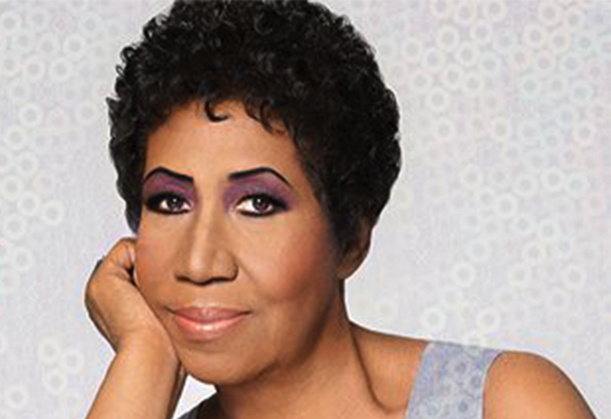Yes, she did. And now her $80 million estate is in probate court.
When legendary singer Aretha Franklin died of advanced pancreatic cancer at age 76, she did not have a will or trust, according to documents filed in Oakland County Probate Court. And now the $80 million estate of the intensely private Queen of Soul is about to become very public – and possibly very taxing for her heirs.
“The decedent died intestate and after exercising reasonable diligence, I am unaware of any unrevoked testamentary instrument relating to property located in this state as defined under the law,” the form reads.
Aretha’s lawyer of nearly 30 years told the Detroit Free Press that he was constantly asking her to do a trust, but she just never got around to doing it.
“I was after her for a number of years to do a trust,” Los Angeles attorney Don Wilson told the Detroit Free Press. “It would have expedited things and kept them out of probate and kept things private.”
Wills Are for Everyone
Figuring out how to divide your estate is a very personal matter. How you allocate your assets among your heirs is very important on both a financial and an emotional level. This even affects items of sentimental value.
Not all distributions of assets are so simple. But they all tap into human emotion. If you care about how your heirs will react to the unveiling of the will, even if you aren’t around to witness it, think about what the impact will be on loved ones.
There also can be an emotional toll on you when you frame your will. Some people have trouble with doing one, as it reminds them of their own mortality. Some even think they are tempting fate by creating a will. Planning for what happens after you are gone is difficult enough, but a lack of planning is even worse.
Wills Help Avoid Probate Court
By most accounts, almost 60% of all decedents die without a will, which means the distribution of assets will occur based on state law. In most cases this isn’t what you want. In addition to handing your descendants a legal hassle, failing to have a will ensures that your wishes aren’t carried out.
Let’s say that now you are finished with the attorney and have a will. Are you really done? Yes, for some, but for others, absolutely not. What else could be left?
Remember that an estate plan is an intimate subject. Have you thought about sitting down with the kids and making sure they understand all that you have done? No, you don’t have to go into all of the intimate details of your personal finances, but give them a high-level overview of your personal wishes for final arrangements and an explanation in general terms of what will happen.
Are you the owner of a closely held business in which one child is involved and others are not? Do you have a succession plan? Are you worried about your daughter being married to “that bum,” or a son married to “that woman?” So, do you then decide to leave their assets in a trust, rather than outright?
Are you excluding a child or perhaps favoring others? What about the child that is taking care of you in your later years: Do the other children appreciate how you might treat the caretaker differently? Maybe you want to give it all to charity; will the kids understand? What about a child with special needs? The list goes on and on.
Why not sit down with the family and explain it all in advance? Sure, it is hard in some respects, but it may just keep the family together.
“As a parent you try to maintain a certain amount of control and so you have this tug-of-war…You have to learn when to let go. And that’s not easy.”
~ Aretha Franklin






